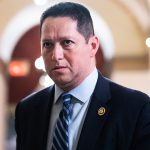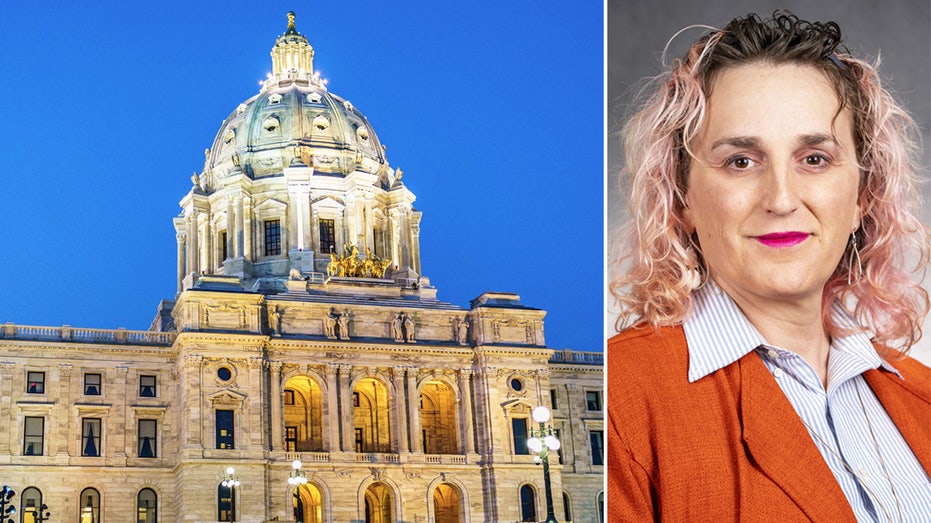A transgender state lawmaker in Minnesota introduced a measure that would remove language from the state’s Human Rights Act that currently declares pedophiles are not included in protections based on “sexual orientation.”
The proposed language has shocked and bewildered Republicans, but the bill’s author says nothing in the text would weaken pedophilia laws. The “Take Pride Act” (HF 1655) was introduced earlier this year by state Rep. Leigh Finke, a member of the Democratic–Farmer–Labor Party and the first transgender legislator in Minnesota House history.
The bill would amend the state’s Human Rights Act, which is described by the state as “one of the strongest civil rights laws in the country.” The current Human Rights Act protects against discrimination based on sexual orientation, defined as “having or being perceived as having an emotional, physical, or sexual attachment to another person without regard to the sex of that person or having or being perceived as having an orientation for such attachment, or having or being perceived as having a self-image or identity not traditionally associated with one’s biological maleness or femaleness.”
The law also includes this caveat: “‘Sexual orientation’ does not include a physical or sexual attachment to children by an adult.” That language would be removed under Finke’s proposal.
MINNESOTA LAWMAKERS CONSIDERING ‘RED FLAG’ LAW, BACKGROUND CHECK EXPANSION
Reached for comment Wednesday, Finke defended the bill and told Fox News Digital that the measure “updates outdated language that incorrectly ties pedophilia to a person’s sexual orientation.”
“Nothing in the bill changes or weakens any crimes against children, or the state’s ability to prosecute those who break the law,” Finke said. “Of course, pedophilia is not a sexual orientation. The language never should have been included in the statutory definition in the first place. Crimes against children are located in Minnesota’s criminal statutes, and again, they remain unchanged.”
In addition to the change in definition for “sexual orientation,” Finke’s measure also includes the addition of a definition for “gender identity,” which Finke used throughout the proposed amendments to the state’s Human Rights Act.
The proposed definition reads: “‘Gender identity’ means a person’s inherent sense of being a man, woman, both, or neither. A person’s gender identity may or may not correspond to their assigned sex at birth or to their primary or secondary sex characteristics. A person’s gender identity is not necessarily visible to others.”
Finke’s measure, according to Minnesota local outlet Alpha News, was incorporated into the House omnibus civil law policy bill, which was scheduled for a vote this week.
“Under the Human Rights Act, the definition of sexual orientation says that sexual orientation does not include physical or sexual attraction to children by an adult — or, more simply described, pedophilia. The Democrats’ decision to strike this language is disturbing and inexplicable,” GOP House Minority Leader Lisa Demuth said in a statement, according to the outlet.
“House Republicans will be presenting an amendment today to clarify that pedophilia is absolutely not a protected class under the Human Rights Act. We sincerely hope Democrats will join us in ensuring our children are protected,” Demuth added.
Additional provisions in the measure offered by Finke seek to enhance sexual orientation and gender identity protections in housing, as well as ensure that nonprofits abide by non-discrimination laws.
























